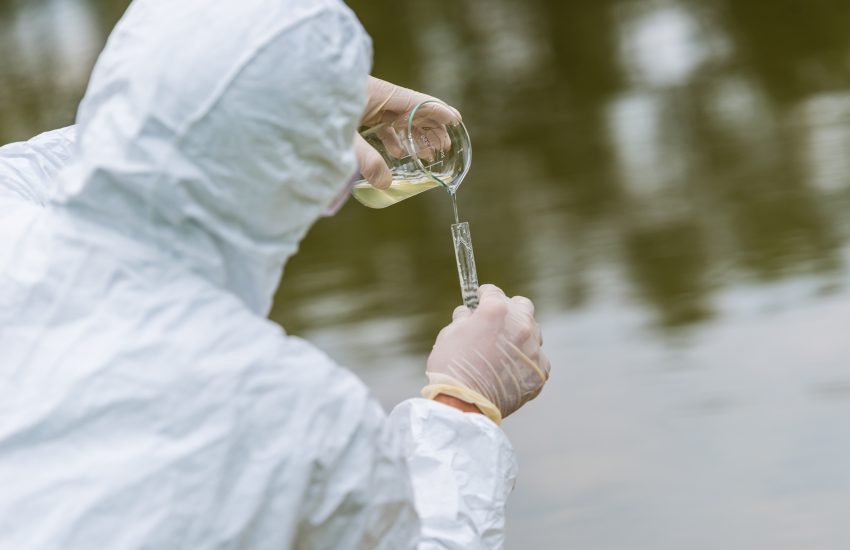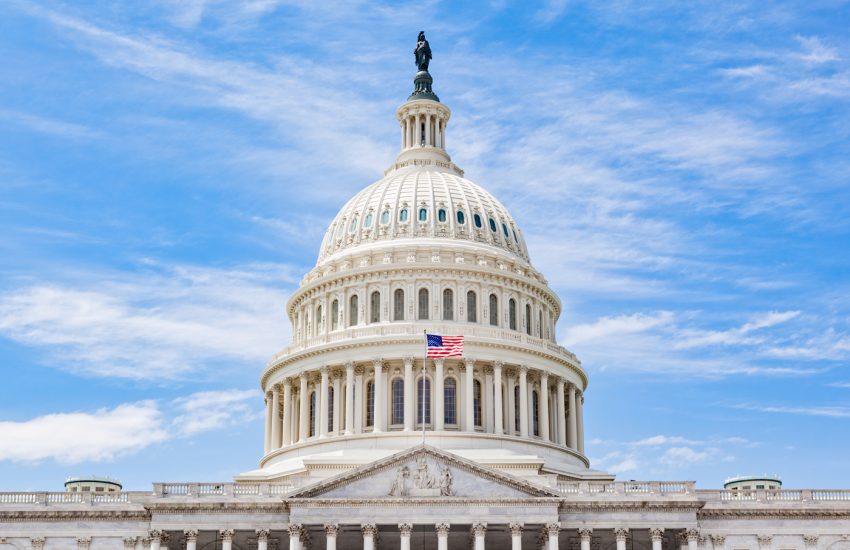On Monday, March 21, the Securities and Exchange Commission proposed a new rule aimed at requiring public companies to disclose extensive climate-related data to not only the federal government, but also their shareholders. More specifically, the proposed rule, entitled The Enhancements and Standardization of Climate-Related Disclosures for Investors, would amend the SEC’s rules under the Securities Act of 1933 and Securities Exchange Act of 1934. The proposed rule aims to provide investors a better understanding of the risks that climate change poses to companies.
Chair …
Continue Reading









